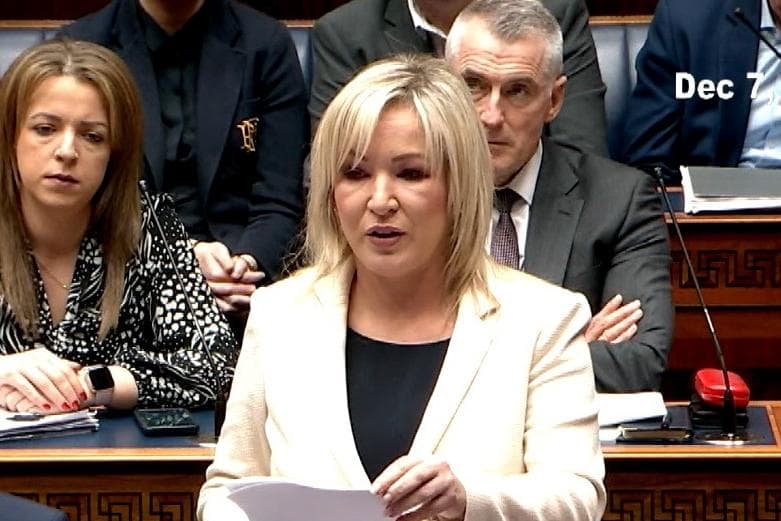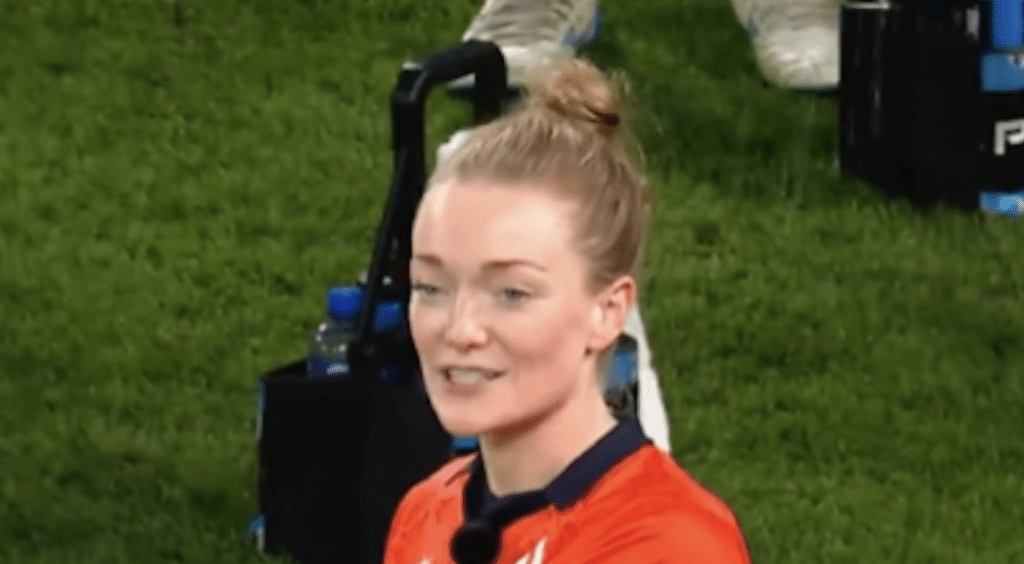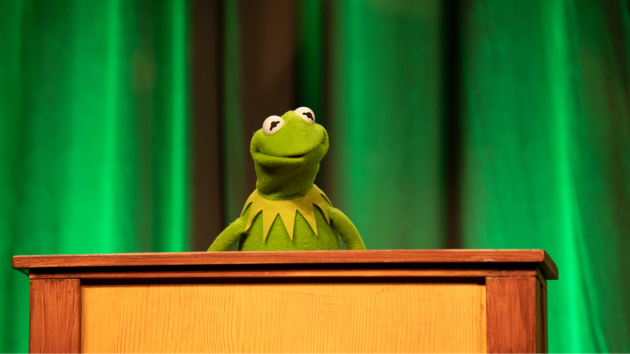Character AI Chatbots And Free Speech: A Legal Gray Area

Table of Contents
Defining the Boundaries of Free Speech for AI Chatbots
The First Amendment and its Applicability to AI
Applying traditional free speech principles, enshrined in the First Amendment (for US readers; other countries have comparable legislation), to AI-generated content presents unique challenges. The very nature of AI complicates the issue.
- AI doesn't have the same rights as humans: The First Amendment protects the speech of individuals. Can the same protections be extended to an algorithm? This is a fundamental question with no easy answer.
- The role of the chatbot developer: Is the developer of Character AI responsible for the content generated by their chatbot? This raises questions about editorial control and potential liability.
- Defining "speech" in the context of AI: What constitutes "speech" when it's generated by an AI? Is it the input prompt, the AI's processing, or the final output? The definition itself needs re-evaluation in this new context.
Content Moderation and the Dilemma of Censorship
Character AI and similar platforms face a significant dilemma: balancing free expression with the need to prevent the spread of harmful content. Moderating user-generated prompts and chatbot responses requires careful consideration.
- Balancing free expression with the need to prevent hate speech, harassment, and illegal activities: Striking this balance is crucial. Overly restrictive moderation can stifle free speech, while insufficient moderation can lead to the proliferation of harmful content.
- The potential for algorithmic bias in content moderation: AI-powered moderation systems can inherit and amplify existing biases, potentially leading to unfair or discriminatory outcomes.
- The difficulties in defining and detecting harmful content: The line between offensive and harmless speech is often blurry, making it challenging to create effective moderation policies that are both comprehensive and fair. This is particularly true with the rapid evolution of online slang and nuanced forms of hate speech.
Liability and Responsibility for AI-Generated Content
Determining Accountability for Harmful Outputs
When a Character AI chatbot generates offensive or illegal content, who is responsible? Pinpointing accountability is a key legal challenge.
- Legal precedents involving AI-generated content: Existing legal frameworks are largely unprepared for the complexities of AI-generated content. New precedents are urgently needed.
- The potential for Section 230-like protections (for US readers; other jurisdictions have comparable legislation): The debate around Section 230 of the Communications Decency Act, which shields online platforms from liability for user-generated content, is directly relevant to AI chatbots. Do similar protections apply to AI-generated content?
- The challenges of proving causation: Establishing a direct causal link between a user's prompt, the AI's processing, and the resulting harmful output can be extraordinarily difficult.
Copyright and Intellectual Property Concerns
AI chatbots are capable of generating creative content, raising significant copyright and intellectual property questions.
- Copyright protection for AI-generated works: Can AI-generated works be copyrighted? Who owns the copyright – the user, the developer, or the AI itself?
- The implications for artists and creators: AI-generated content could potentially displace human artists and creators, raising concerns about fair competition and economic impact.
- The potential for AI to infringe on existing copyrights: AI models are trained on vast datasets of existing content, raising the risk of unintentional copyright infringement.
The Evolving Legal Landscape and Future Implications
The Need for Clearer Legal Frameworks
The current legal landscape is inadequate for addressing the unique challenges posed by AI chatbots and free speech. Clearer, more comprehensive frameworks are urgently needed.
- Potential legislation related to AI content moderation: Governments worldwide are grappling with the issue of regulating AI, and legislation addressing content moderation is likely to emerge.
- International harmonization of AI regulations: Given the global reach of AI chatbots, international cooperation is essential to ensure consistent and effective regulation.
- The role of self-regulation by AI companies: Companies like Character AI have a responsibility to develop and implement ethical guidelines and content moderation policies.
Technological Advancements and their Legal Ramifications
Advancements in AI technology will continue to shape the legal challenges surrounding free speech and AI chatbots.
- The potential for increased sophistication in generating harmful content: More advanced AI models could be even more adept at generating convincing and harmful content, exacerbating existing challenges.
- The need for adaptive legal frameworks: Legal frameworks must be flexible and adaptable to keep pace with rapid technological advancements.
- The implications for future innovation in AI: Overly restrictive regulations could stifle innovation, while a lack of regulation could lead to harmful consequences.
Conclusion
Character AI chatbots and free speech represent a complex and rapidly evolving legal landscape. Navigating this grey area requires a nuanced understanding of existing laws, ethical considerations, and the technological capabilities of these powerful tools. As AI technology continues to advance, clear and adaptable legal frameworks are crucial to ensure responsible innovation while upholding fundamental rights to free speech. Understanding the legal intricacies surrounding Character AI chatbots and free speech is vital for developers, users, and policymakers alike. Stay informed and contribute to the ongoing discussion on the future of AI and free expression. Learn more about the legal implications of Character AI chatbots and free speech today!

Featured Posts
-
 Bjk Cup Kazakhstan Through To Finals Australia Eliminated
May 23, 2025
Bjk Cup Kazakhstan Through To Finals Australia Eliminated
May 23, 2025 -
 Soccers Sexist Abuse Problem Referee Targeted By Chants Investigation Begins
May 23, 2025
Soccers Sexist Abuse Problem Referee Targeted By Chants Investigation Begins
May 23, 2025 -
 University Of Marylands 2025 Commencement Speaker Kermit The Frog
May 23, 2025
University Of Marylands 2025 Commencement Speaker Kermit The Frog
May 23, 2025 -
 Pivdenniy Mist Oglyad Protsesu Remontu Zaluchenikh Pidryadnikiv Ta Byudzhetu
May 23, 2025
Pivdenniy Mist Oglyad Protsesu Remontu Zaluchenikh Pidryadnikiv Ta Byudzhetu
May 23, 2025 -
 Ulsans Hyundai 650 A Deep Dive Into The Car Carrier And Factory Operations
May 23, 2025
Ulsans Hyundai 650 A Deep Dive Into The Car Carrier And Factory Operations
May 23, 2025
